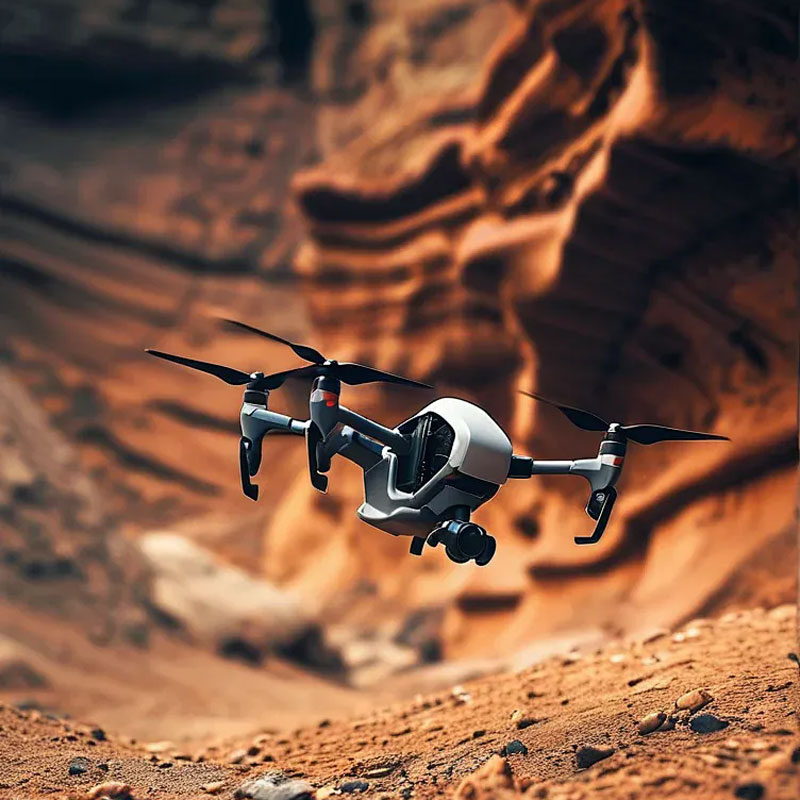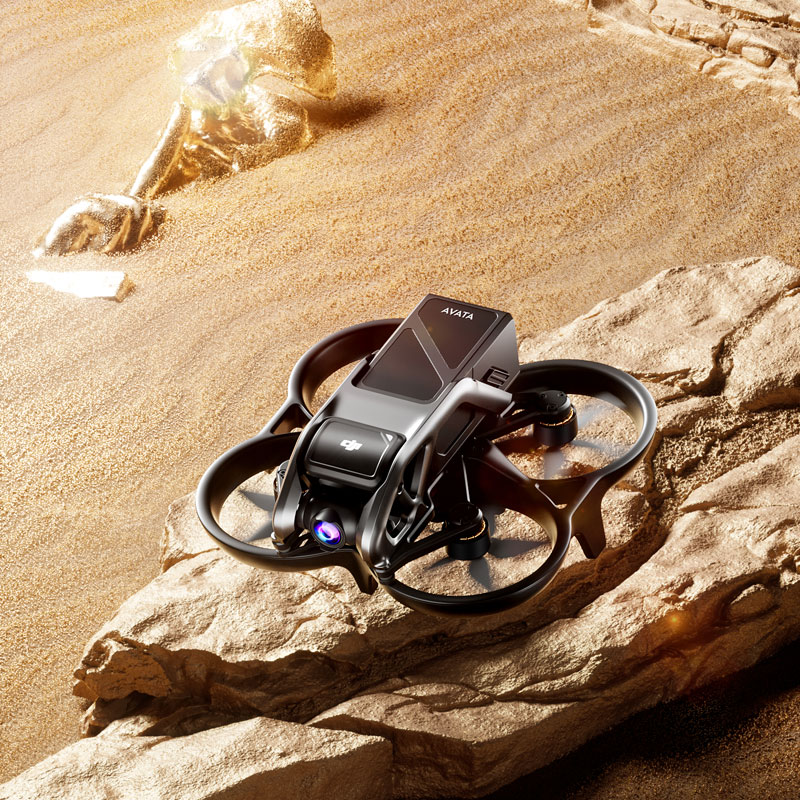Mastering the Art of Being a Drone Operator
In the ever-evolving field of technology, becoming a proficient drone operator is both a rewarding and challenging journey. As drones become integral tools in industries like cinematography, agriculture, and even delivery services, honing your skills is essential. A drone operator must combine technical expertise with creative vision to capture stunning footage and data. To succeed, understanding the details of drone technology, mastering navigation skills, and anticipating regulatory changes are key elements.
The role of a drone operator begins with understanding the technology behind drones. Familiarize yourself with different types of drones, each designed for specific applications. Whether you’re using multirotor drones for aerial photography or fixed-wing drones for long-distance surveys, knowing your equipment is crucial. Training programs offer valuable insights, helping you grasp complex concepts like flight dynamics and control systems. Increasingly, operators are utilizing drones equipped with high-tech cameras and sensors, enhancing their ability to gather detailed information from above.
Navigation skills set top-tier drone operators apart. Mastering these skills requires practice and patience. The importance of safely piloting drones cannot be overstated, as it ensures both the integrity of the equipment and the quality of data collected. Start with basic maneuvers, and gradually progress to advanced techniques. Simulations and hands-on sessions are excellent ways to improve. Additionally, understanding weather patterns and external factors that might affect flight is crucial. A skilled drone operator must be able to adapt to changing conditions and make quick decisions on the fly.
 are constantly changing. Ensuring compliance is crucial for every drone operator. In many countries, operators are required to obtain certification, demonstrating their ability to safely and responsibly pilot drones. Familiarize yourself with local laws and airspace restrictions. Regulatory bodies often update guidelines, especially as drones become more commonplace in urban environments. Staying informed helps avoid fines and ensures smooth operations.
are constantly changing. Ensuring compliance is crucial for every drone operator. In many countries, operators are required to obtain certification, demonstrating their ability to safely and responsibly pilot drones. Familiarize yourself with local laws and airspace restrictions. Regulatory bodies often update guidelines, especially as drones become more commonplace in urban environments. Staying informed helps avoid fines and ensures smooth operations.
